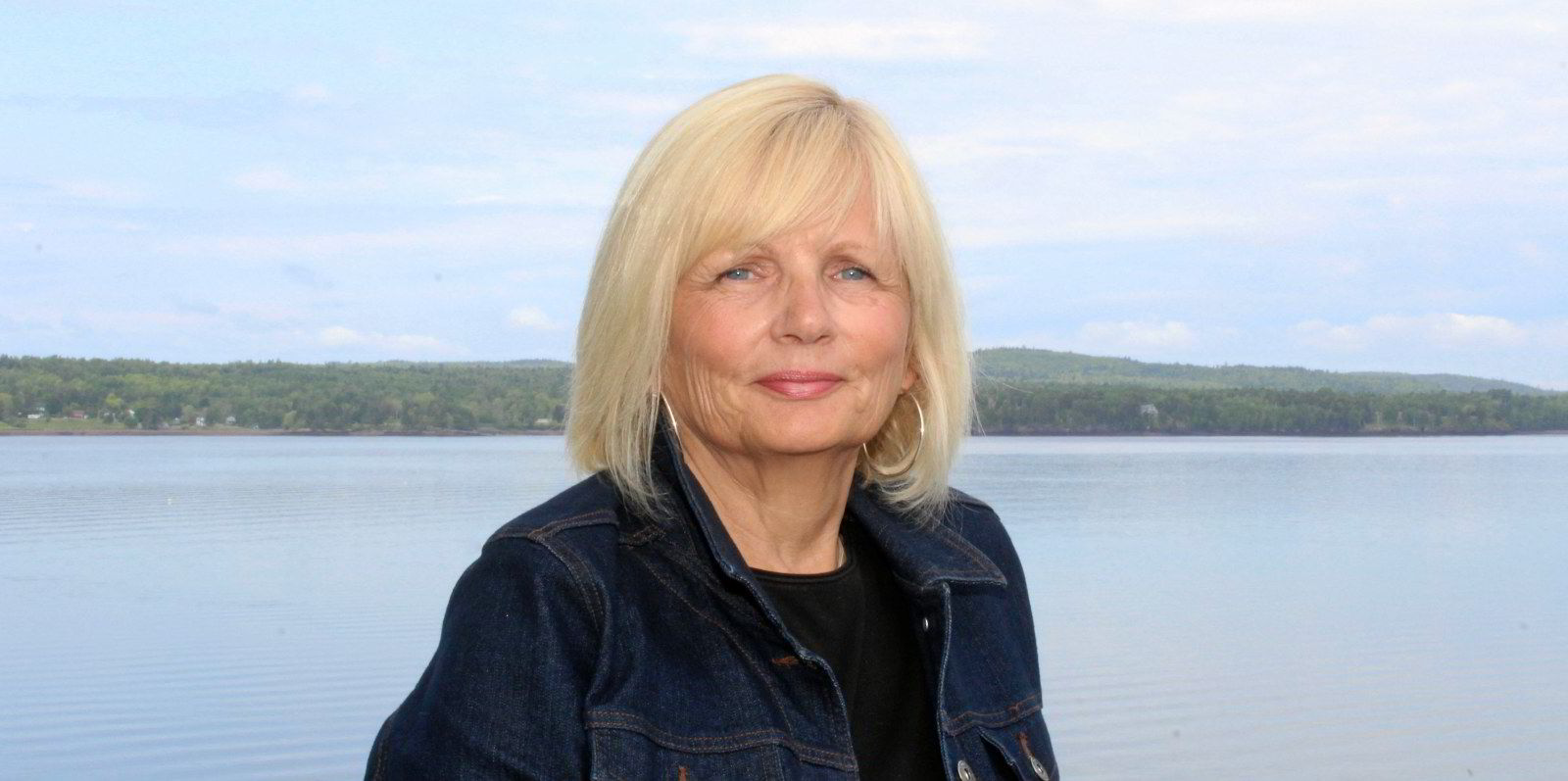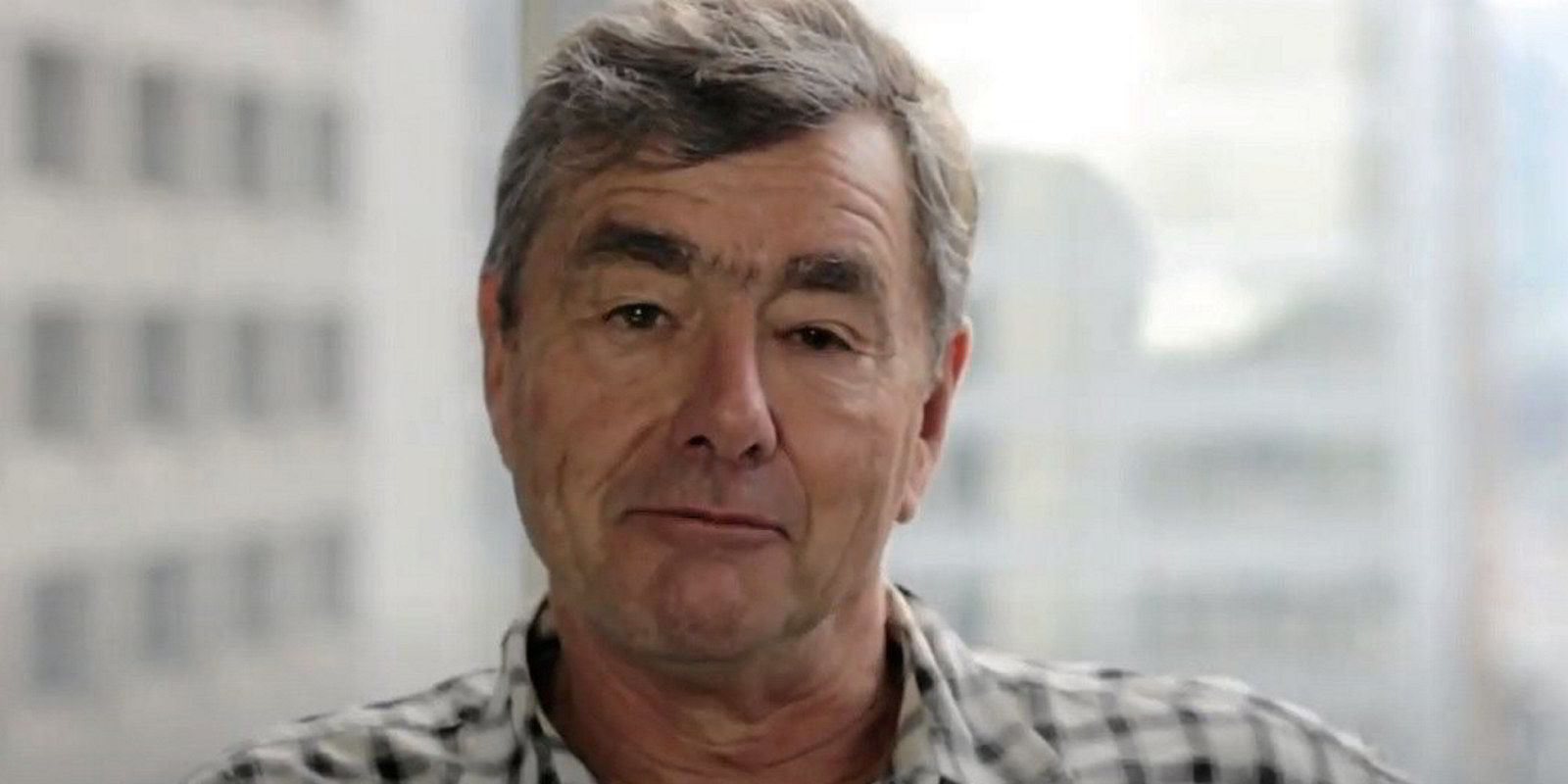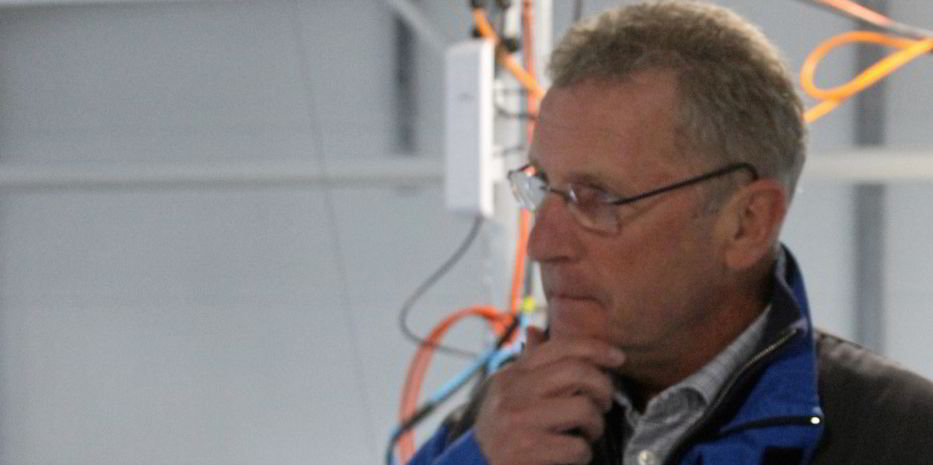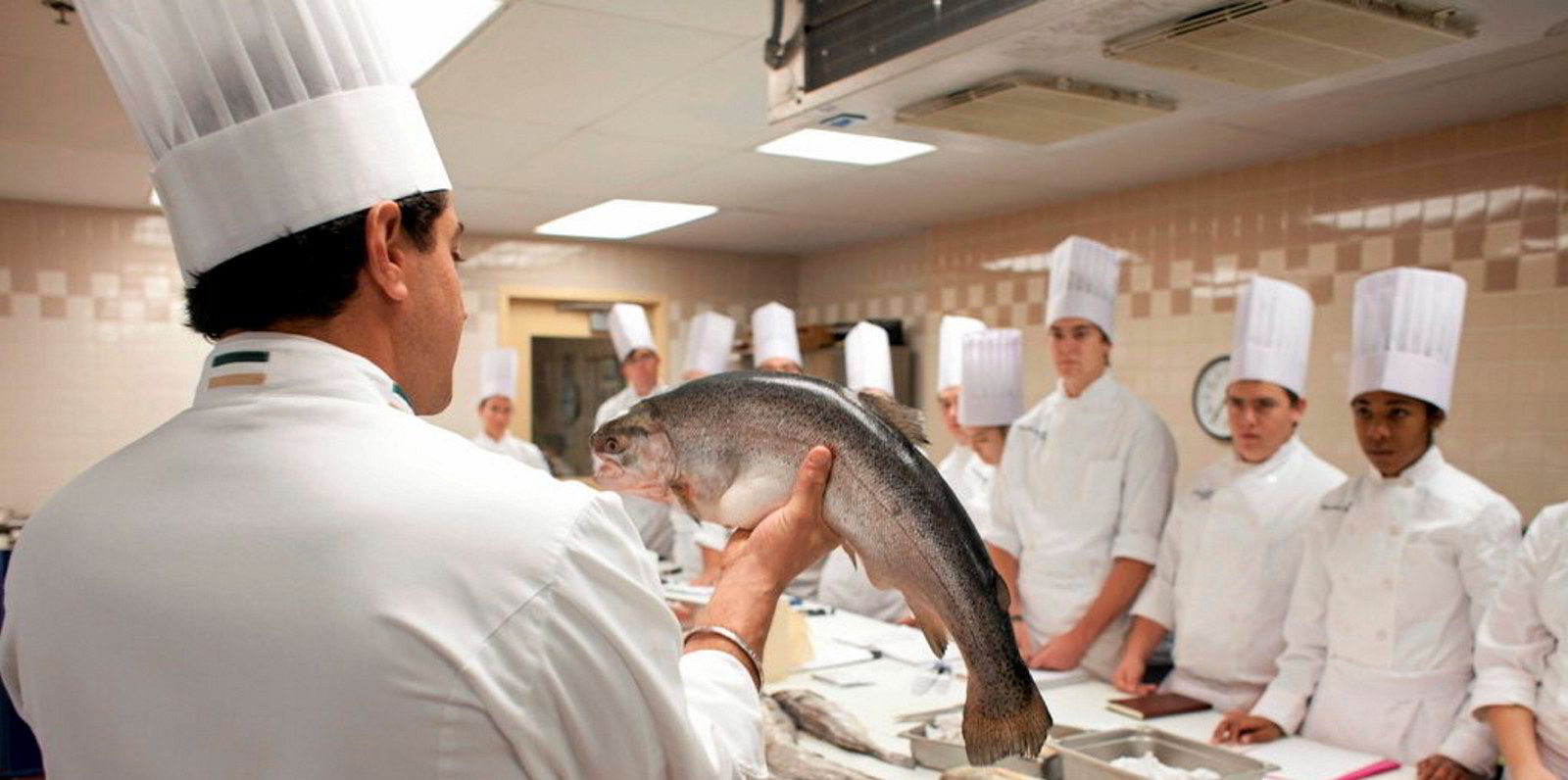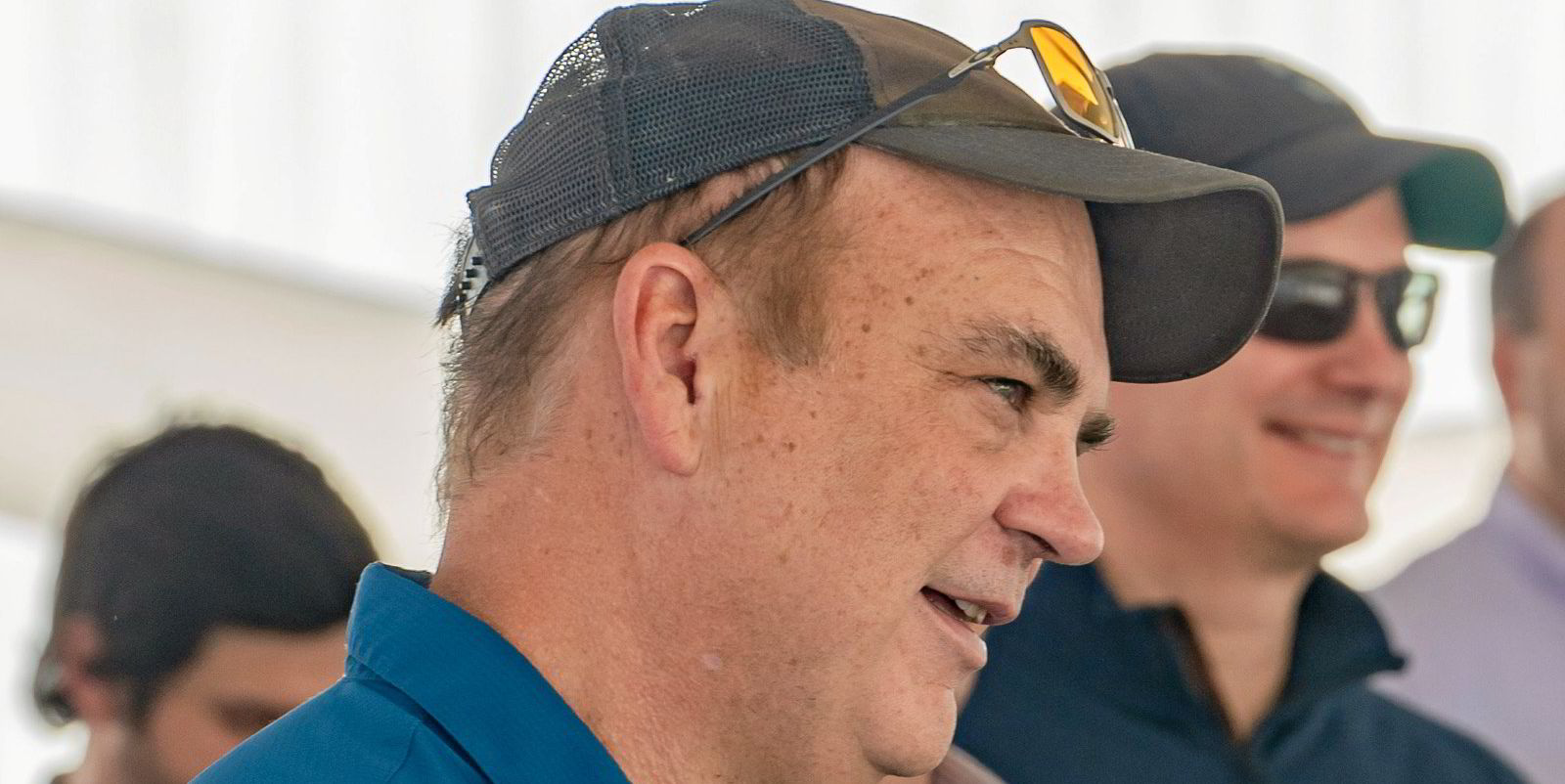John Risley, co-founder and current board member of Canadian seafood company Clearwater Seafoods said in an op-ed column published Tuesday in Atlantic Business Magazine that salmon farming as currently practiced in Canada is unsustainable, and he called for a halt to expansion of the industry in eastern Canada.
His remarks put him at odds with Canadian salmon farming giant Cooke Aquaculture and other leading salmon farmers looking to expand in the area.
His comments also drew the ire of Susan Farquharson, executive director of Atlantic Canada Fish Farmers Association, who responded with the following letter:
---
Here’s an old adage that does not need an update: Everyone is entitled to their own opinions.
Atlantic Canada’s salmon farming sector will not sit idly by in silence while former wild-seafood mogul John Risley, with no aquaculture experience, spouts opinions not based in fact about how salmon are grown, about our farming practices and about our globally respected scientists.
For someone who is calling for an informed discussion on salmon farming, Mr. Risley has displayed an astonishing lack of knowledge about Atlantic Canada’s salmon farming sector – especially for someone who has spent a career in the seafood industry and is presenting himself as a thought leader in public policy discussions.
Allow me to correct some of his assertions.
The assertion that farmed salmon caused the decline of wild salmon is false. That farmed salmon on your plate comes from Saint John River wild salmon strain. Farmed salmon are remote cousins to wild salmon because that’s the way we grow them.
The fact is, wild salmon declines began in the mid 1800s and more than 100 years ago, the government of Canada developed hatcheries to stock rivers with Atlantic salmon in an attempt to address the declining stocks. There are many known factors contributing to wild Atlantic salmon decline, including hydropower dams, exploding seal populations, habitat loss, climate change and commercial fishing in migratory routes like Greenland.
An informed opinion about farmed salmon must include the facts about what they eat. Farmed salmon eat a formulated feed with high quality ingredients that include proteins and fats from marine, plant, and animal sources, grains, minerals, vitamins, and carotenoids (natural compounds found in the shells of crustaceans and in a wide variety of other foods) that give farmed salmon their bright colour.
A new study by Dr. Stefanie Colombo at Dalhousie University found significant differences in nutritional value between species of salmon – not between farmed and wild salmon. Farmed Atlantic salmon contain significantly lower contaminants than wild salmon because feeds are more plant-based than ever. That’s certainly something to consider the next time you are looking for nutritious affordable salmon. It’s farmed right here, close to home by your neighbors.
The discussion about the future of salmon farming in Canada also needs to include the facts about British Columbia. Salmon farming in that province has not been banned. Many farmers have fostered cooperative relationships with First Nations communities based on mutual respect and understanding. The federal government has not, as Mr. Risley said, “ordered a shut-down in favor of land-based farming.” The fact is Fisheries and Oceans Minister Bernadette Jordan has ordered only one salmon farming area, the Discovery Islands, to be closed. She did that for purely political purposes - openly ignoring her scientists and DFO officials who did not recommend closure.
Salmon farmers are audited by third-party certification programs for their entire supply chain – farms, hatcheries, processing plants, and feed. This assures farmed salmon is produced through environmentally and socially responsible means.
Salmon farming also has the lowest carbon footprint of any animal protein farming method and the lowest feed-to-protein conversion ratio.
Atlantic Canada has built a salmon farming sector that is uniquely our own and has always been based in science and innovation.
Our universities are world leaders in aquaculture and thousands of small and medium size businesses are growing steadily and thoughtfully right along with us.
Our sector creates 8,000 jobs in Atlantic Canada and $2 billion in economic output annually. The Food and Agriculture Organization - United Nations (2020) listed aquaculture as one of the top five priorities to address climate change.
A word of advice Mr. Risley, to quote a well-known phrase: “Your assumptions are your windows on the world. Scrub them off every once in a while, or the light won't come in."
The next time you want to muse about Atlantic Canada’s salmon farming sector, I suggest you scrub off those windows and do some research of your own rather than allowing select anti-salmon farming activists to use you as a puppet.
